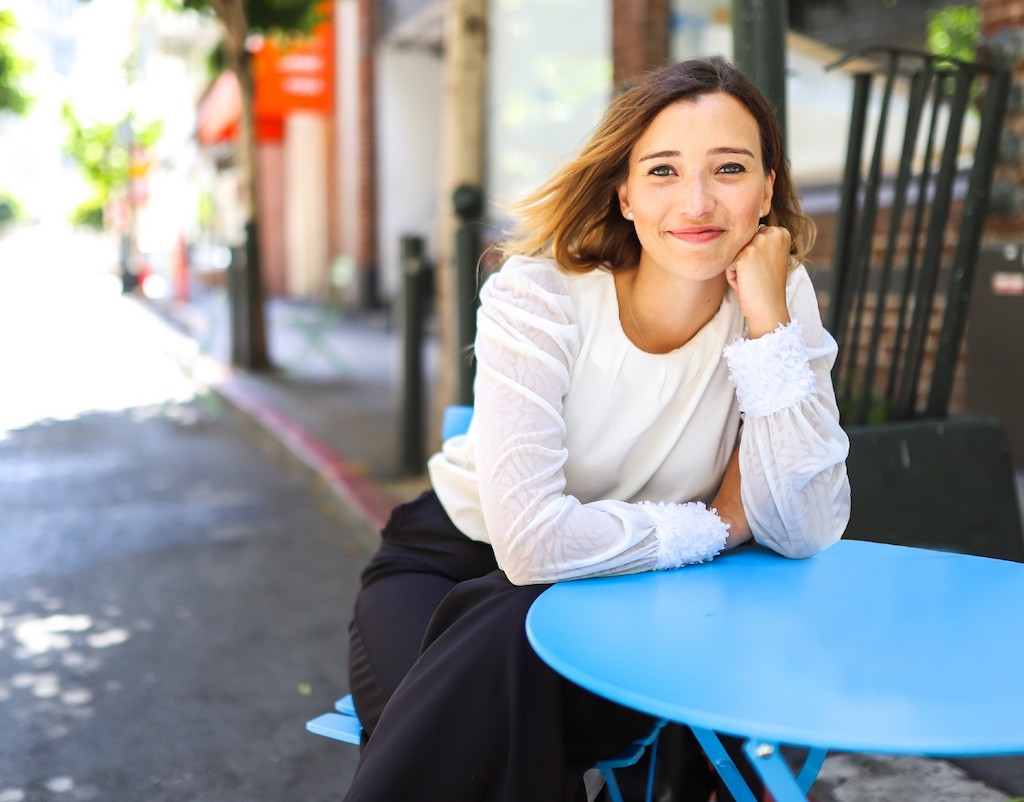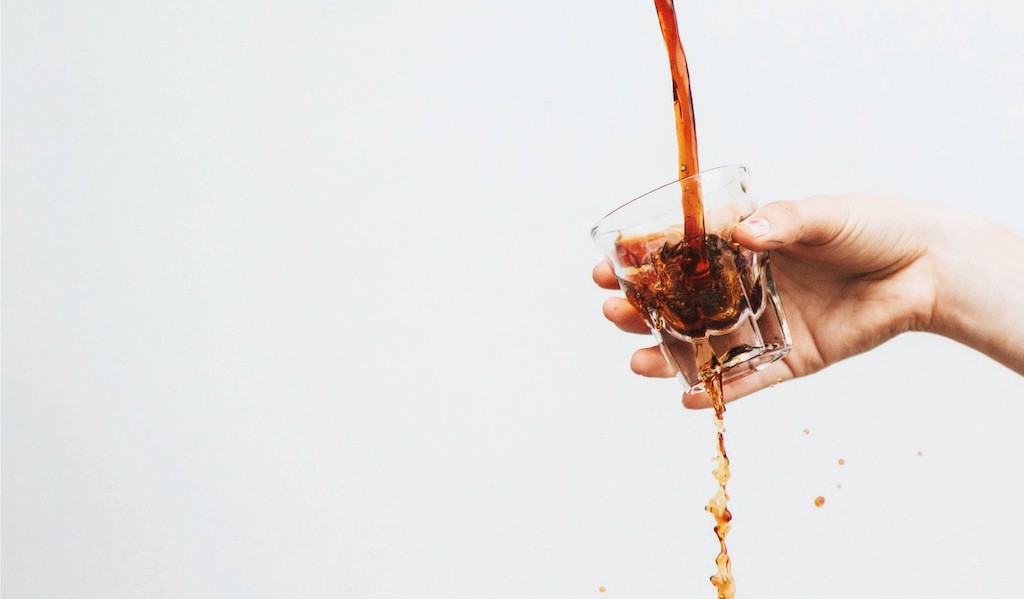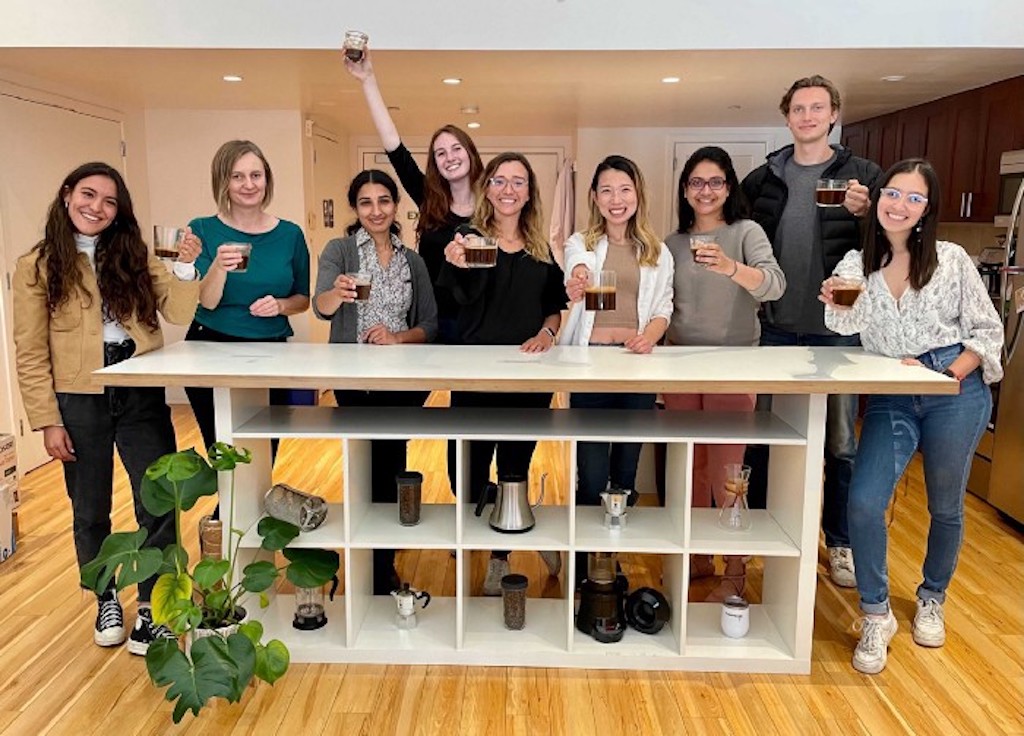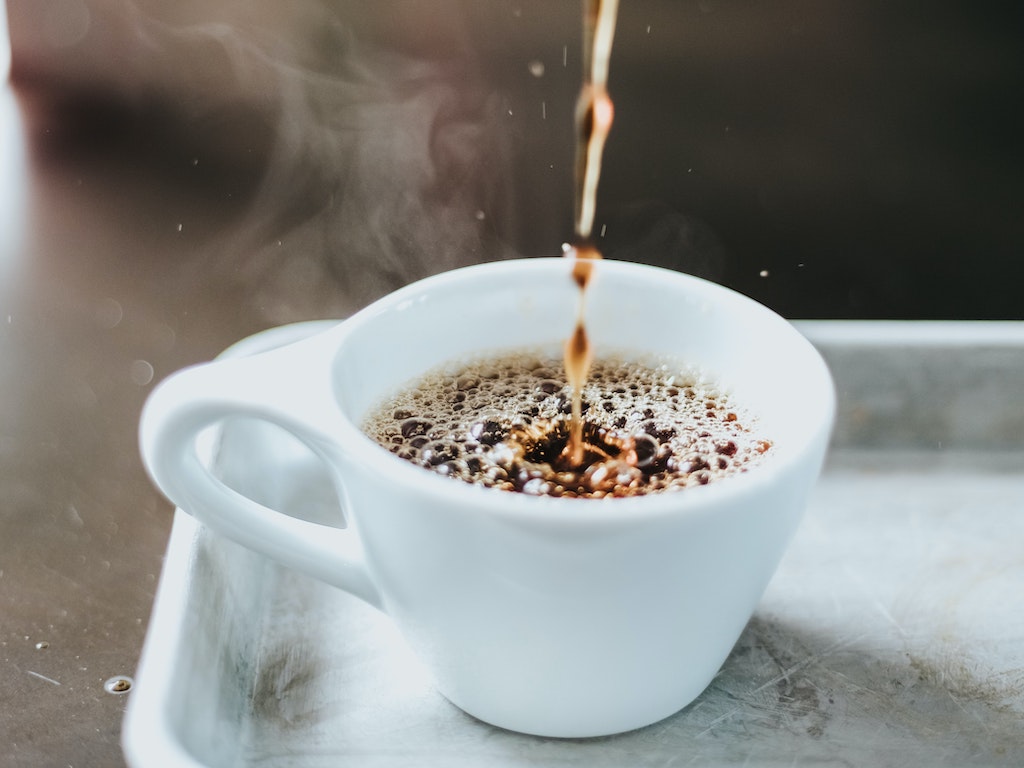3 Mins Read
Compound Foods, a San Francisco startup brewing coffee without any beans, has just secured $4.5 million in its seed round. The biotech has developed coffee that tastes, looks and smells and even the same caffeine dose as its conventional counterpart, but is far more sustainable—all thanks to microbial fermentation technology.
Fermentation is the rising star of the alternative protein and sustainable food world, and the latest startup further fuelling innovation in the space is Compound Foods. Based in the Bay Area, the young firm just launched with a $4.5 million seed round, which attracted numerous VCs including Lowercarbon Capital, SVLC, Humboldt Fund, Collaborative Fund and Maple.
Other investors included Petri Bio, One Way Ventures and Ulu Ventures, as well as several undisclosed key angel investors. The latest round brings Compound’s funding to $5.3 million since its founding in 2020.
What’s wrong with coffee?
Compound makes coffee without the use of any beans in order to come up with a freshly brewed cup at a fraction of the environmental cost. Right now, coffee is the fifth most polluting crop in the food value chain, with large-scale production fuelling land clearing, overuse of pesticides and wildlife destruction.

Coffee is also one of the most climate-vulnerable foods, with around half of the land currently suitable for growing coffee no longer arable in the future. Compound, founded by Costa Rica native Maricel Saenz, was set out to tackle coffee’s environmental problem.
“Compound Foods grew out of my deep concern as a Costa Rican about the future of coffee,” says Saenz. “Compound is the place where I marry my love for coffee and sustainability.”
Brewing beanless coffee
How exactly Compound manages to recreate coffee without beans is through fermentation.
“At a basic level, coffee is the fruit of a plant that is processed, fermented, roasted, and ultimately brewed—an extraction of chemical compounds that makes that quintessential taste and smell,” the founder and CEO explained in her seed round announcement.

“We simply recreate what happens at the coffee farm in the lab—through food science and fermentation technology, we use sustainably grown microbes to produce a coffee with sweeter tones, brighter acidity, and more nuanced aromas than anything on store shelves today.”
Compound says that in its preliminary life cycle assessment, its fermentation-based coffee produces just a tenth of emissions compared to its conventional counterparts, and also reduces water use by around the same amount.
According to Saenz, the Compound team, by optimising microbes to develop the flavours and aromas we love about our morning brew, can also create tailor-made grounds with different caffeine levels, for instance.
“We have a secret weapon: we can dial caffeine up or down so that you’ll get the perfect dosage, whether you’re reaching for a mug as you’re rolling out of bed or sitting down for an espresso after dinner,” she says.

Coffee innovation
Compound isn’t the only startup using biotech to recreate sustainable coffee. Over in Seattle, Andy Kleitsch and Jarret Stopforth founded Atomo in 2019, a startup dedicated to making coffee using upcycled ingredients such as watermelon seeds, stems and husks which contain the chemical compounds that make up coffee.
Atomo also uses fermentation to brew and extract a natural synthetic-free blend that mimics the average cup, without any real beans, of course.
Lead image courtesy of Unsplash.




